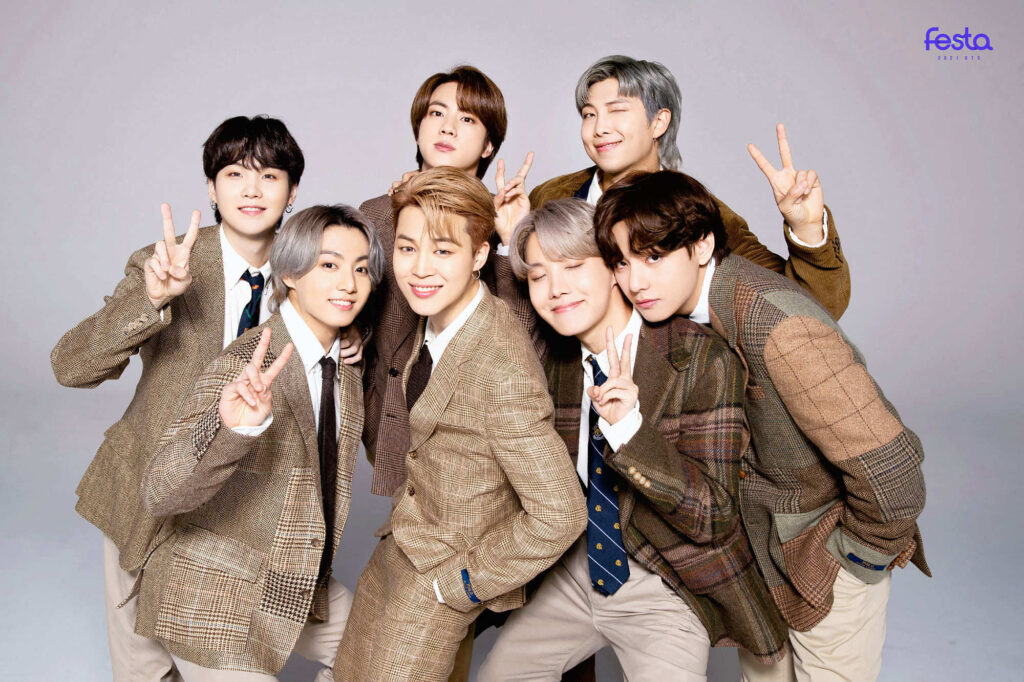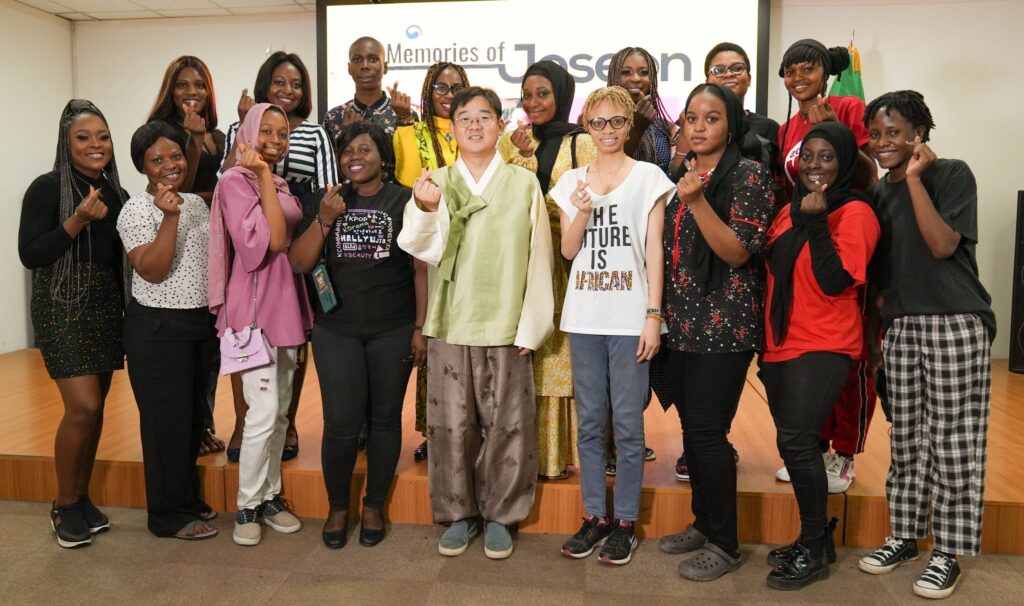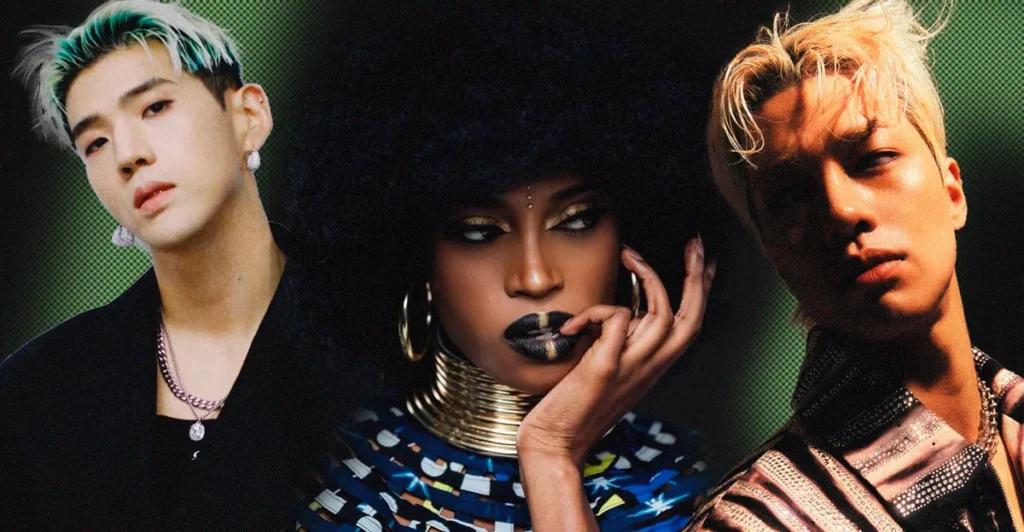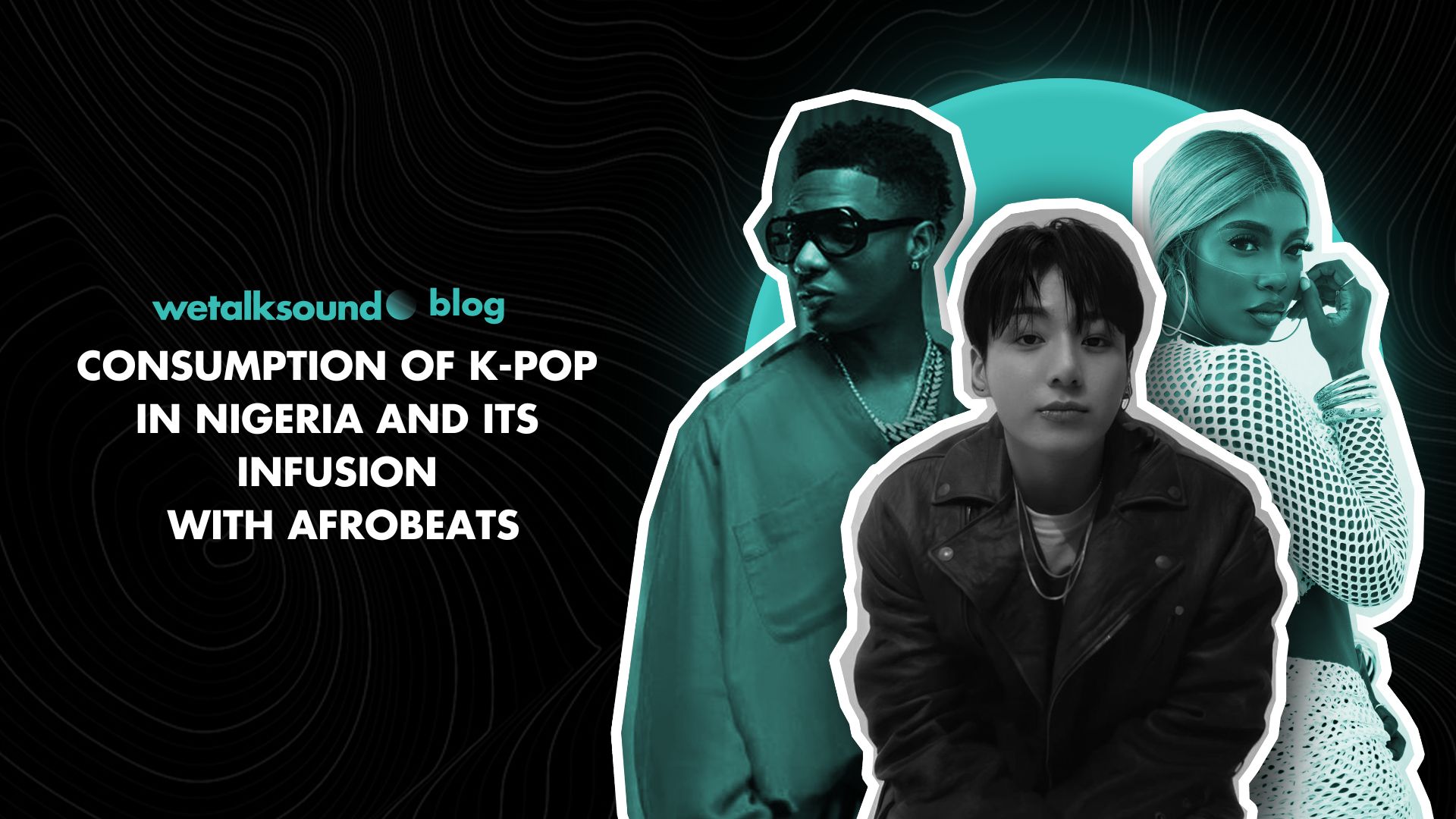You can’t talk about the greatest exports from South Korea without mentioning K-POP, the disyllabic representation of Korean Popular Music. Already rooted in South Korean culture, it’s a mix of different genres and sounds like reggae, country, hip/hop, rock, jazz, R&B, etc. Although it became popular in the 2000s, it has become a global phenomenon that seems contagious in different continents, outside Asia. While any popular music from the country can be termed K-POP, it’s characterized by distinctive melodies, perfect synchronization, genius production, and sleek choreography.
Since Wonder Girls, a South Korean girl group, cracked the Billboard Hot 100 with their hit record Nobody, various Korean artists have debuted on the chart. Aside from the numbers and charting records, there’s been significant acceptance of sound globally and even African countries are not slacking. Today, in countries like Egypt, Ghana, South Africa, and Nigeria, K-POP is viral. There are a huge amount of K-POP fans who have these Korean individuals and groups on top of their Apple replay/Spotify wrapped. It doesn’t even stop there; K-POP now has stans that won’t watch you shit on their music on social media, argue endlessly about how the BTS group is the best thing to happen to the entertainment industry since Michael Jackson, and even score points with how physically attractive Korean artists are.
BTS’s Influence on K-POP
There are hardly any conversations about K-POP without mentioning the BTS band. Either you are a fan or they were shoved down your throat by your female friend who has the band picture on her wallpaper, a gun to your head and you are asked to mention a music group in Korea, they are your best bet. In the last decade, the BTS band has been one of the emerging forces in the globalisation of K-POP. If anything, their ability to resonate with diverse audiences across different continents exhibits their unrivalled impact. Talking about numbers, their Love Yourself album became the first K-POP LP to reach number one on the Billboard 200 chart and the album’s world tour grossed approximately $196 million. These significant records caused an upswing in the number of international fans, concert tours, album and merchandise sales, and many more. Even culturally, they’ve been able to break barriers, drift from the accepted norm, promote self-love and address social issues through their music. Cross-cultural communication, with the help of social media, is the reason BTS can connect with millions of fans across the globe.

Consumption of K-POP in Nigeria
K-POP’s influence in Africa, particularly Nigeria, is evident through the widespread consumption of Korean music. In 2015, the Nigerian K-POP team, Pacific Starz, won the grand prize at the 2015 K-POP World Festival. Let’s not forget also, the Supreme Task Dance crew that went home with $7000, or even the Fragile Dance Crew who were finalists at the 2017 K-POP World Festival. All these point to one thing; the consumption of Korean Pop music by the giants of Africa.
In this context, there’s no bigger reason for Nigeria to claim that ‘giant’ tag other than the fact that Abuja, the country’s capital, is home to the first Korean Culture Center in Africa, KCC NG. This culture centre was established by the Republic of Korea’s Ministry of Culture, Sports, and Tourism, fourteen years ago. Being one of the thirty-two other KCCs in the world, it provides opportunities for Koreans to expand their programs to this part of the world, and also facilitate cultural exchange between both countries. The centre has a library, conference rooms, a studio, a Taekwondo training hall, an exhibition hall, and even lecture rooms. Each of these facilities serves as a manifestation of Korean culture, heritage, literature, etc. More importantly, KCC NG set up a K-POP dance academy to equip Nigerians with knowledge of the Korean entertainment scene, and other related events. Years later, we have graduates of this dance academy participate in K-POP dance competitions. This boosted the commitment and interest of other young Nigerians to enrol with the next batch of intakes. K-POP is growing and growing in Nigeria because people love and consume it. Fandom comes with acceptance of imperfections and cultural differences. The connection of souls through K-POP is extraordinary; it can be due to passion, or even as extreme as an obsession – as much as the fans, or stans, try to deny it.

It’s interesting to see that Afrobeats is cementing its spot in global music and at the same time, Korean culture and music are diffusing into Africa, as a continent. This is another evidence of cross-cultural acceptance and heritage. According to Spotify’s head of music for Sub-Saharan Africa, there’s been a 93% increase year-on-year in K-POP streams in 2022, accounted for by over 3 billion hours of streaming – another evidence of K-POP fandom in Africa. Some of the key markets in this K-POP consumption in Africa are Kenya, Ghana, and Nigeria, with percentage increases of 140%, 236%, and 267% respectively. The cross-cultural heritage between Korea and Nigeria does not stop at music streaming, K-POP fandom and stanship, but also extends to the incorporation of some core elements of Afrobeats into it.

K-POP’s Infusion with Afrobeats
If you use Spotify, you should be a testament to the top-notch music recommendations based off what you listened to. Imagine my surprise when Spotify played Lil Cherry’s Pye Life only to realise that it was a LONDON-produced record. Yes, the same LONDON you hear on Rema’s songs. Now, the surprise isn’t that LONDON produced for a K-POP artist, but that a K-POP artist flowed so seamlessly on that beat – and this is even a 2021 song. In the last two years, we’ve had more K-POP Afrobeats trend and you cannot help but notice the brilliant execution in such records. You can hear an Afropop-inspired rhythm on TOMORROW X TOGETHER’s The Name Chapter: Temptation. The instrumentals on that project are laced with African percussion. A blend of dancehall and R&B is also evident and it’s almost like something an African artist would do. TXT has writing credits on the album, Smash David and Dystinkt have production credits on the same album. David also has production credits on Khalid’s Location which is an R&B song. So infusing R&B into the album didn’t feel unnatural. Dystinkt also has production credits on Black Sherif’s Sad Boys Don’t Fold.
These Afro-inspired songs do nothing but reflect the love for Afrobeats. Speaking on the creative process of Tinnitus, Taeyhun admits that he’s really into Afropop and he’s a fan of Wizkid, Tems, and other artists. He also said that members were excited about trying out the genre and extra careful in the process not to ruin the beauty and quality. Another K-POP artist, Fatou, is a big fan of Afro-inspired songs. The Blackswan member tapped into her African heritage for her debut EP, Letter 1 – Adaeh. From the self-titled project to the cover artwork, you can tell the intentionality in the Senegalese-Belgian’s creative process. Particularly, the last two songs on the mini-album are heavy Afrobeats records. Me, Myself and I is such a dance-y tune with brilliant use of percussion that resonates perfectly with the tempo. There’s a long list of K-POP artists who can boast of Afro-inspired songs in their discography. If anything, it is obvious that there’s so much more that can be done with Afrobeats. Also, your favourite K-POP artists enjoy it and painstakingly create beautiful records that would make you think they got some cheat code from our Nigerian artists. In subsequent years, these existent records will become touchstones to more perfectly made songs.

Leave a Reply